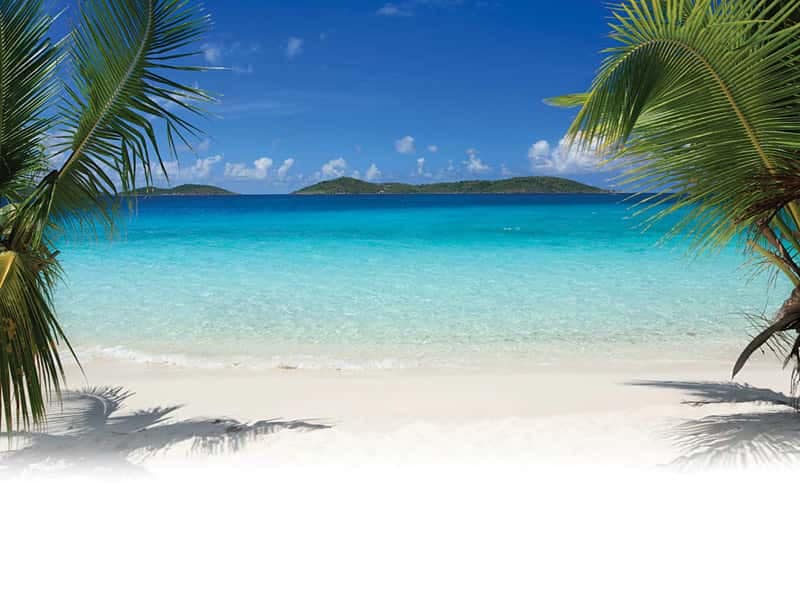Saona Island is a tropical paradise located off the southeastern coast of the Dominican Republic, within Cotubanamá National Park. Known for its stunning beaches, clear waters, and vibrant marine life, it’s a popular destination for tourists seeking a natural escape. The island features beautiful white sandy beaches, lush coconut palm trees, and a variety of wildlife, including starfish, sea turtles, and colorful fish
GOOD TO KNOW
A prived minivan or minibus will pick you up from your hotel so you can be brought to the Bayahibe town beach, which is the departure point for Isla Saona. It takes roughly one hour to drive from Punta Cana to Saona Island. You can take a catamaran to the island and a speedboat back, or vice versa. Water, Coke, and rum are available all day. Although it can be bought outside of lunch hours, beer is only offered during lunch. Pregnant women are not permitted to go on this tour for safety concerns.
Overview
Tour Highlights:
-
Catamaran or Speedboat Ride: Begin your adventure with a scenic cruise aboard a catamaran or a thrilling ride on a speedboat. Enjoy the warm sea breeze and the stunning views of the turquoise waters.
-
Natural Pools: Stop at the famous natural pools, where you can wade in shallow, crystal-clear waters teeming with starfish. It’s a perfect spot for capturing breathtaking photos.
-
Secluded Beaches: Arrive at Saona Island and be greeted by powdery white sands and swaying palm trees. Whether you prefer to sunbathe, swim, or take a leisurely walk along the shoreline, the island offers a tranquil escape.
-
Guided Tour: Learn about the rich history and vibrant culture of the Dominican Republic from knowledgeable guides. Explore the island’s flora and fauna, and discover hidden gems that make Saona Island unique.
-
Buffet Lunch: Savor a delicious buffet lunch featuring local Dominican cuisine. Enjoy fresh seafood, tropical fruits, and refreshing beverages as you dine with a view of the Caribbean Sea.
-
Snorkeling and Water Activities: Dive into the crystal-clear waters and explore the vibrant marine life through snorkeling. Other water activities like kayaking and paddleboarding may also be available.
-
Free Time: Enjoy some free time to relax and unwind. Whether you choose to lounge on the beach, take a dip in the sea, or explore the island further, the choice is yours.
-
Return Journey: Conclude your day with a relaxing cruise back to the mainland, reflecting on the memories made during this idyllic island escape.




